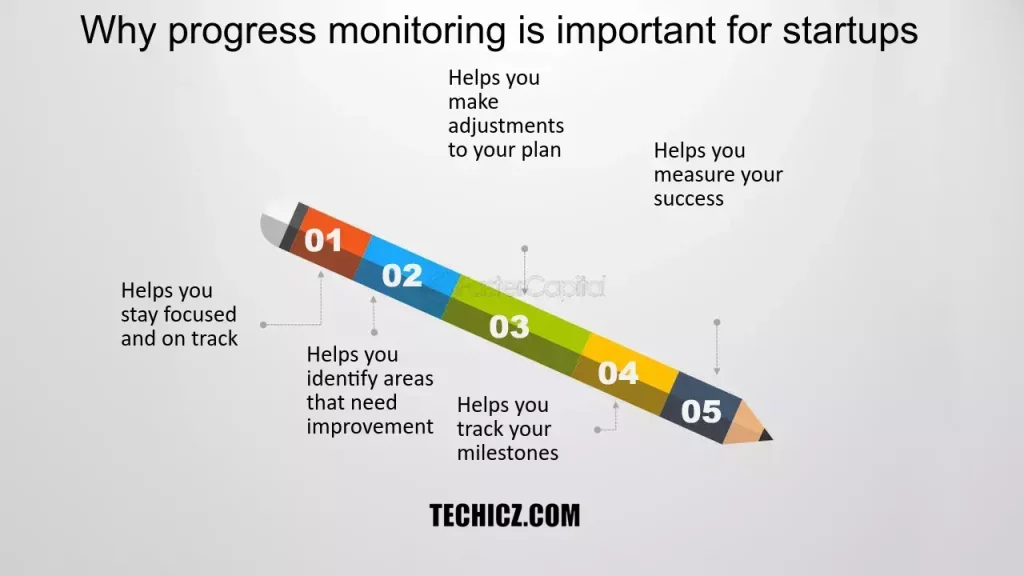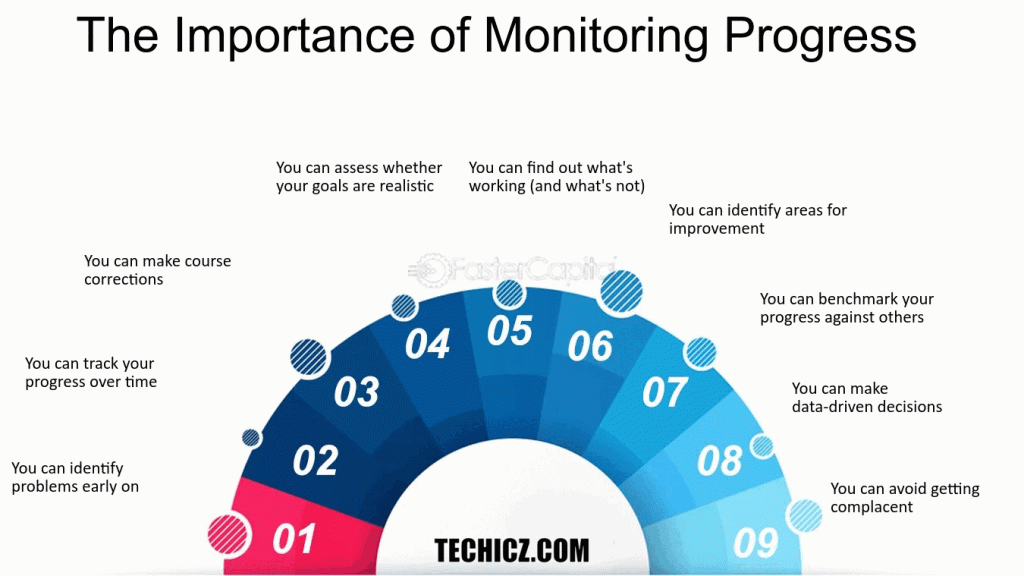
In this blog post, we will delve into why monitoring your application is important and the benefits it offers. In today’s digital age, applications have become an integral part of our lives. From mobile apps to web-based software, applications help us perform various tasks efficiently and conveniently. However, the increasing complexity of applications also brings forth the need for effective monitoring.
What is Application Monitoring?
Application monitoring refers to the process of tracking and observing the performance and behavior of a software application. It involves collecting and analyzing data related to various metrics to ensure the application’s smooth functioning and optimal user experience.
Why Monitoring Your Application Is Important
Understanding System Performance
Why monitoring your application is important provides valuable insights into how your system behaves under different conditions. It helps identify performance bottlenecks, resource-intensive tasks, and areas that require optimization.
Identifying and Resolving Issues
Regular monitoring allows you to detect and address potential issues before they escalate into critical problems. By proactively resolving bugs and errors, you can ensure uninterrupted service for your users.
Enhancing User Experience
A well-monitored application translates to a better user experience. Monitoring helps ensure that your application is responsive, stable, and user-friendly, leading to higher user satisfaction and retention.
Key Metrics to Monitor

Response Time
The response time of your application directly impacts user experience. Monitoring response times helps you optimize code and infrastructure to achieve faster load times.
Error Rates
Tracking error rates enable you to pinpoint and fix issues that may cause crashes, timeouts, or data loss, reducing the overall negative impact on users.
Traffic and Usage Patterns
Understanding your application’s traffic and usage patterns helps in capacity planning and scaling resources as needed to accommodate increasing demand.
Resource Utilization
Monitoring resource usage allows you to manage server capacity efficiently, avoiding over-provisioning and reducing costs.
User Engagement
Measuring user engagement metrics helps you assess the popularity and effectiveness of different features, guiding future development efforts.
Real-Time Monitoring vs. Periodic Monitoring
Real-time monitoring offers instant feedback and facilitates rapid response to critical issues, whereas periodic monitoring may be more cost-effective for non-critical applications.
Tools for Effective Application Monitoring
Open-Source Monitoring Tools
Open-source tools offer flexibility and cost-effectiveness for smaller projects or organizations with budget constraints.
Why Monitoring Your Application Is Important
Cloud-based monitoring solutions provide scalability and ease of access, making them ideal for applications with a global user base.
Application Performance Monitoring (APM) Suites
APM suites offer comprehensive monitoring capabilities, including code-level diagnostics and user experience insights.
Implementing a Monitoring Strategy
Define Clear Objectives
Establish specific monitoring goals to align with your application’s performance and user experience targets.
Selecting the Right Monitoring Tools
Choose monitoring tools that suit your application’s technology stack and offer the desired level of granularity.
Integrating Monitoring into Development
Incorporate monitoring practices into your development cycle to catch issues early and foster a culture of quality.
Setting Thresholds and Alerts
Configure alerts based on predefined thresholds to receive timely notifications of potential problems.
The Impact of Monitoring on Business
Cost Savings
Effective monitoring can lead to cost savings by optimizing resource usage and reducing downtime.
Increased Efficiency
A well-monitored application allows teams to work more efficiently, focusing on improvements and innovations.
Better Decision Making
Data-driven insights from monitoring help make informed decisions about infrastructure upgrades and future development.
Ensuring Data Security and Privacy
Compliance and Regulations
Adhere to industry standards and regulations to protect user data and maintain trust.
Data Encryption
Implement strong encryption mechanisms to safeguard sensitive data from unauthorized access.
Access Control
Limit access to sensitive data and monitoring tools to authorized personnel only.
Scaling Your Monitoring Infrastructure
Handling Increased User Base
Ensure your monitoring infrastructure can handle increased traffic as your application gains popularity.
Managing High-Traffic Events
Prepare for high-traffic events by optimizing your application and scaling resources accordingly.
Common Monitoring Mistakes to Avoid
Neglecting Mobile Monitoring
With the rise of mobile users, overlooking mobile application monitoring can lead to missed issues and dissatisfied users.
Focusing Only on Response Time
While response time is crucial, other metrics like error rates and resource utilization are equally important for overall application health.
Overlooking Third-Party Integrations
Third-party integrations should also be monitored to ensure they function correctly and don’t impact your application’s performance.
The Future of Application Monitoring
AI and Predictive Analytics
Artificial Intelligence and predictive analytics will play a significant role in detecting and resolving issues before they occur.
Cross-Platform Monitoring
As applications span multiple platforms, cross-platform monitoring will be essential to ensure a consistent user experience.
Conclusion
In conclusion, why monitoring your application is important is vital for maintaining its health, enhancing user experience, and making informed business decisions. By employing the right monitoring tools and strategies, you can stay ahead of potential issues, ensure optimal performance, and deliver a seamless experience to your users.
FAQs
- What is application monitoring?
Application monitoring involves tracking and analyzing a software application’s performance to ensure its smooth functioning.
- Why is monitoring response time important?
Monitoring response time helps optimize user experience by reducing loading times and improving application responsiveness.
- Which monitoring tools are cost-effective for smaller projects?
Open-source monitoring tools are often cost-effective options for smaller projects or organizations with budget constraints.
- How can application monitoring lead to cost savings?
Effective monitoring optimizes resource usage, reducing operational costs and potential downtime expenses.
-
What role does AI play in application monitoring?
AI enables predictive analytics, helping detect and address issues proactively, and enhancing overall application reliability.
Also, Read About Why is Automated Regression Testing Important for ERP Applications?
